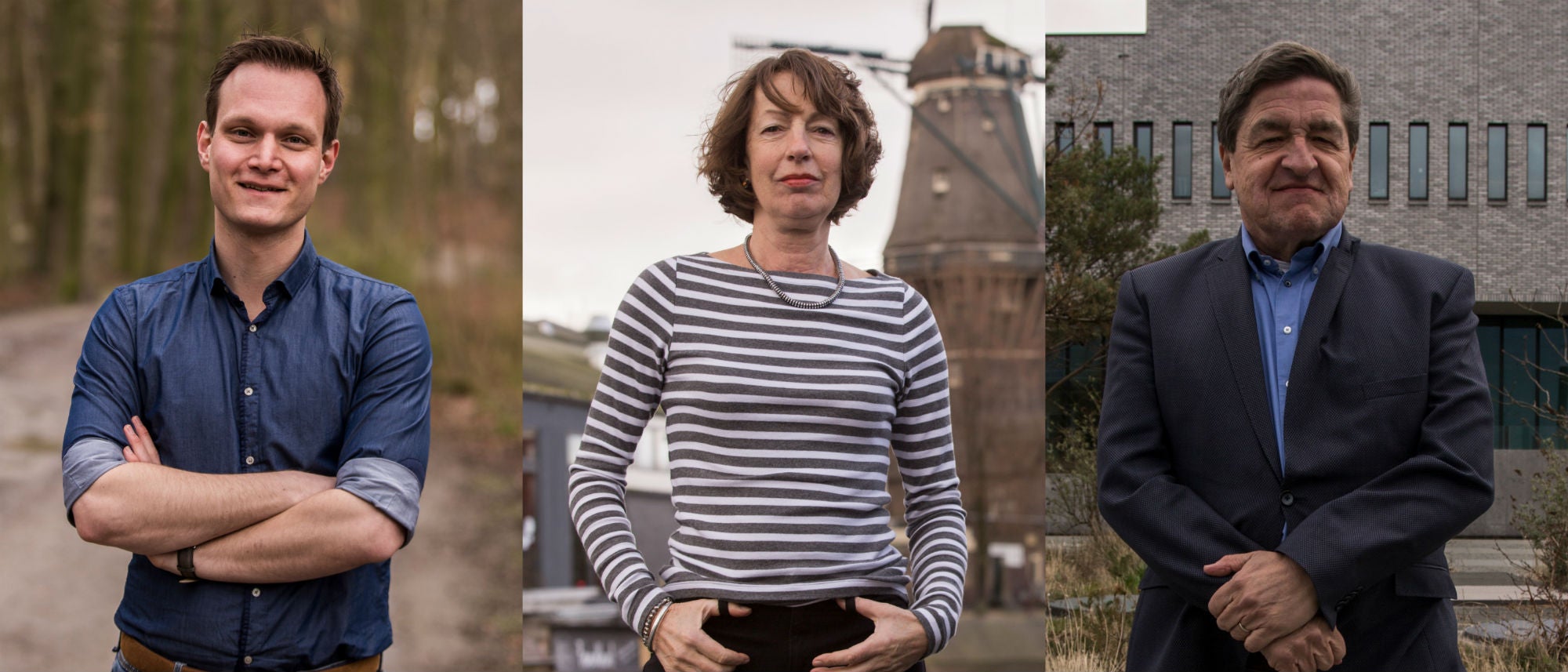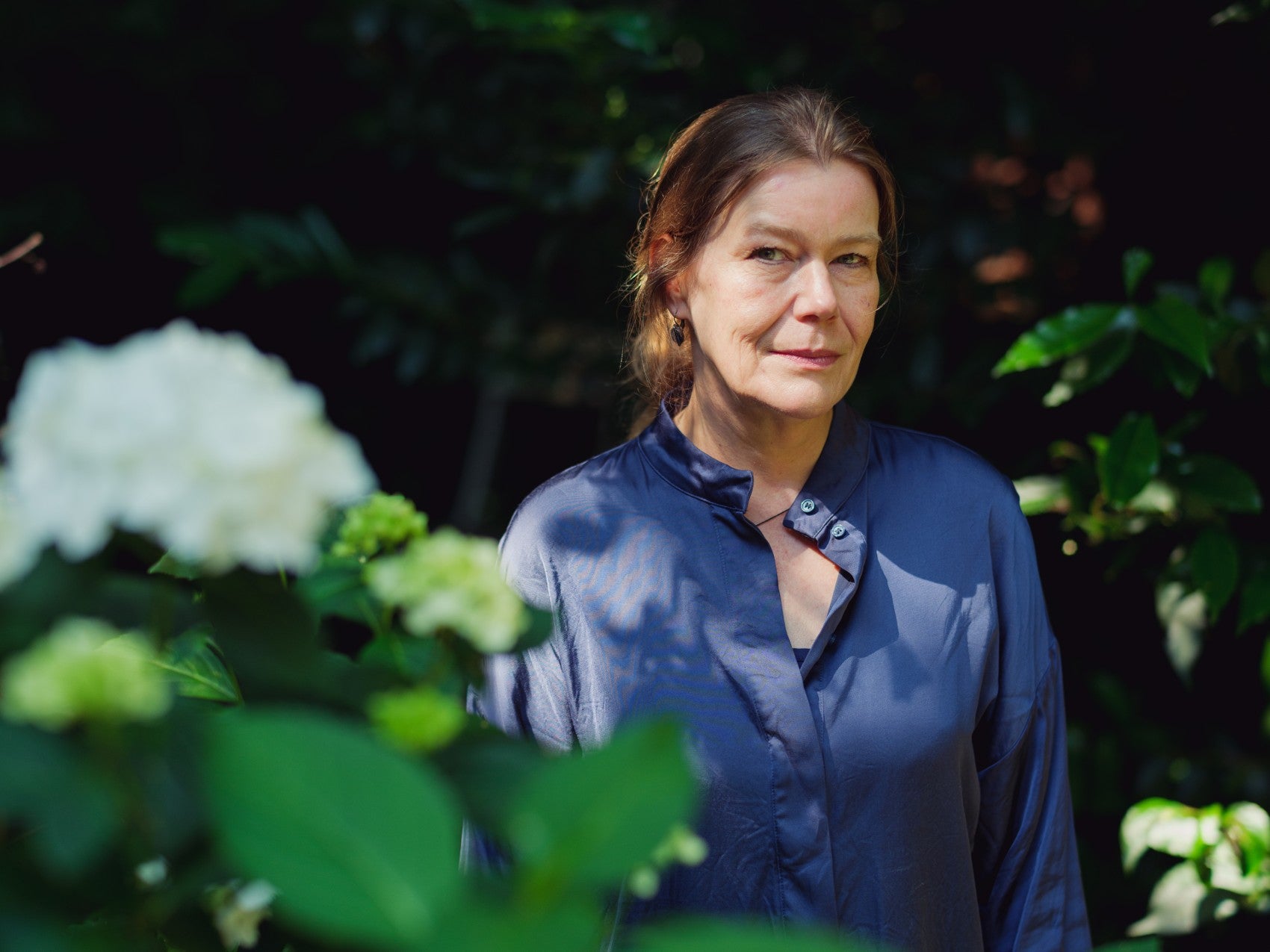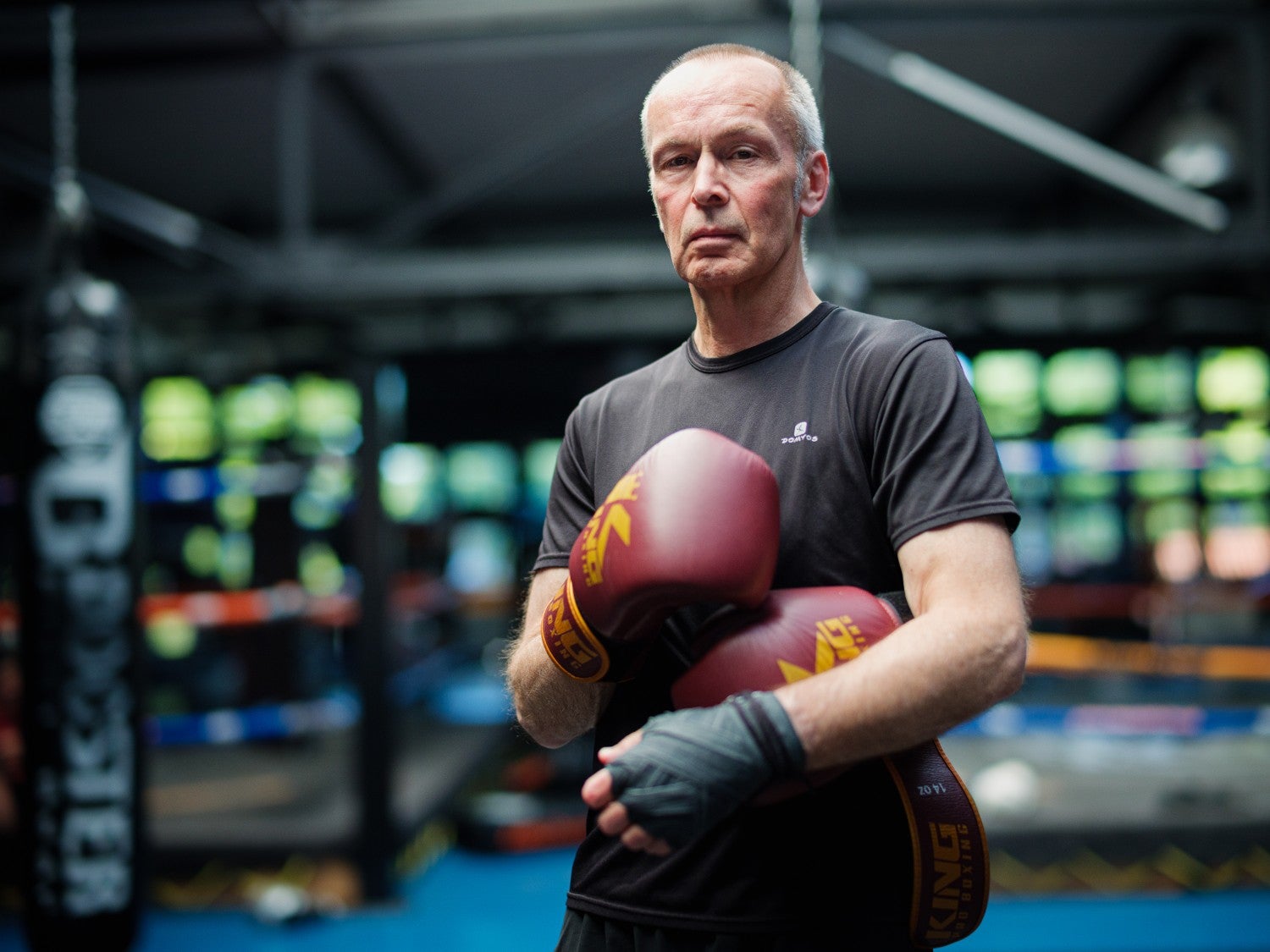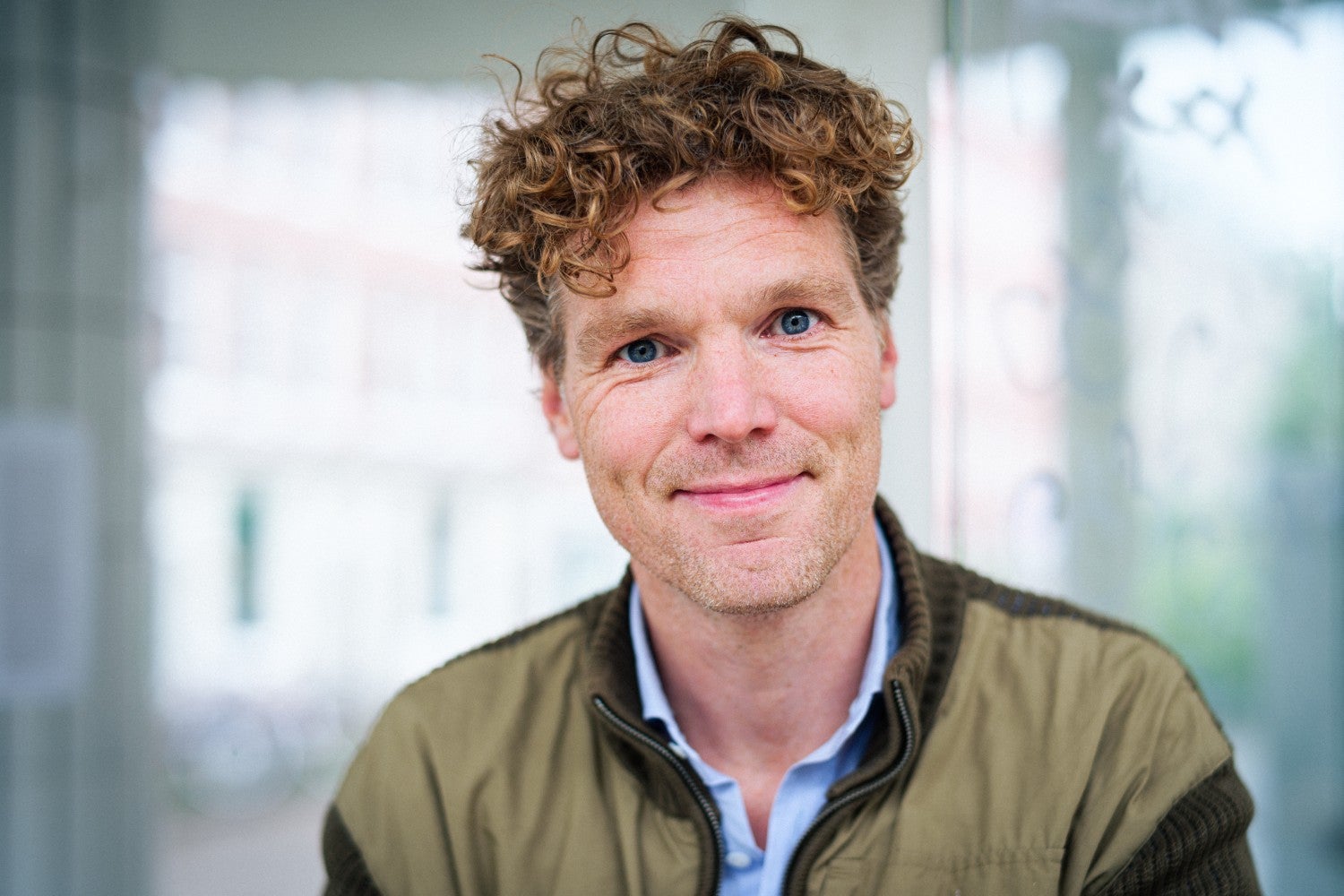There are now more than 107.000 VU alumni. Where did they end up after graduation? In this section we portray three alumni from the same degree programme. This time, we talked to alumni of the Bachelor’s degree programme Criminology.
Paul Meinhardt (30) lives in Amsterdam and graduated in 2012
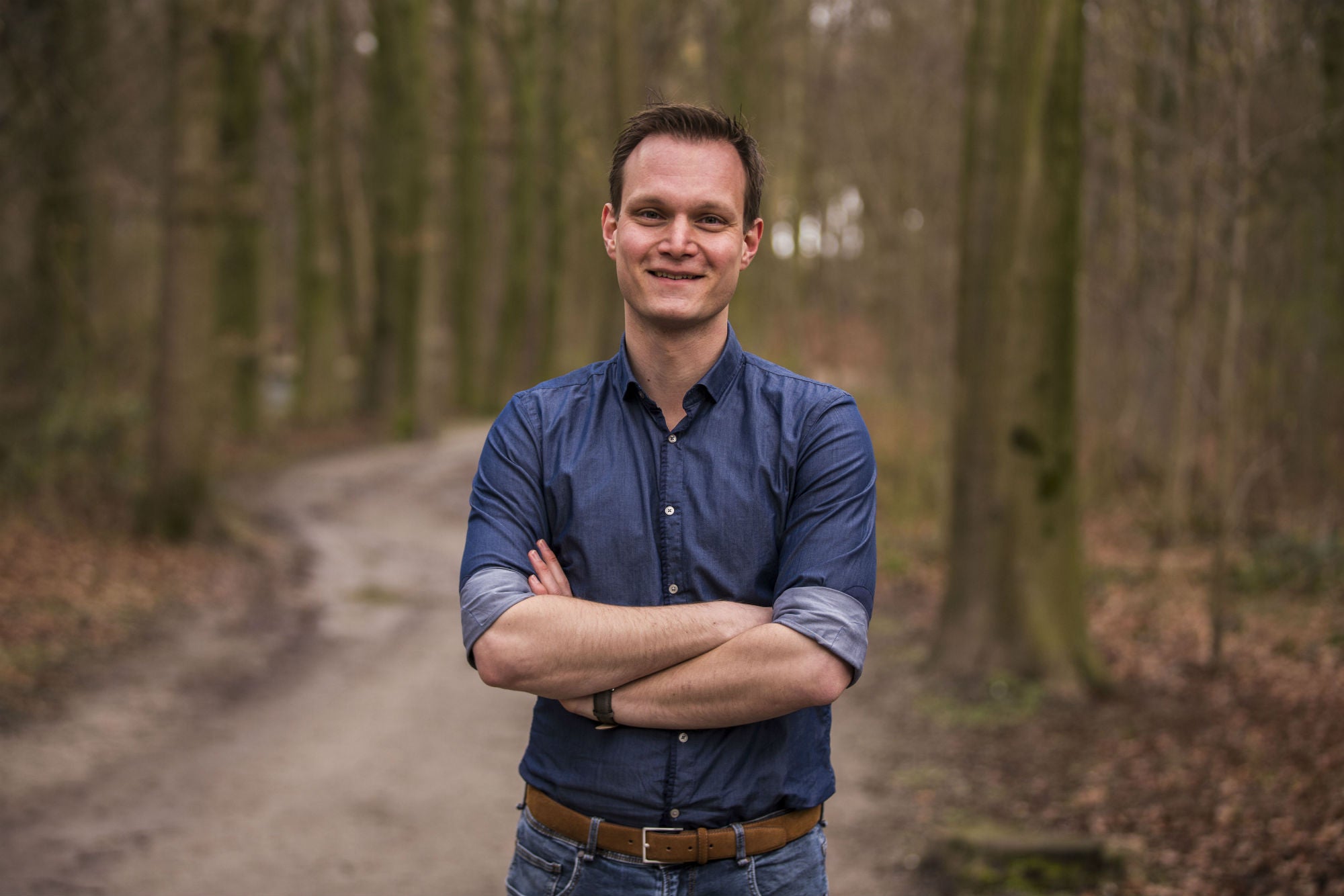
Did you dream of being a criminologist from an early age?
“I actually really wanted to become a chef, but that dream was crushed at the tender age of 17 when the head chef at the restaurant where I worked gave me a thorough dressing-down. So I went looking for something completely different. Criminal law had always interested me, and after a few open days I had become so excited about the Criminology study programme that I decided to enrol.”
And did it meet your expectations?
"Absolutely. One of the most interesting things was learning how to think critically. During the study programme, you learn to look at crime-related problems from a variety of perspectives, so you notice more than just a perpetrator and a crime. But it was also a very tough programme, especially because of the heavy study load. I’m more of a ‘doer’ than a ‘thinker’, so during my studies I got a side job at the reception desk at a police station. Sometimes that was more fun than my actual studies.”
What kind of student were you?
“I was one of those students who spent half of the time studying and the other half doing other things. And I thought it was fantastic. I worked at the police station, I was active in the student association, and I made some friends for life. So I didn’t mind spending two extra years to get my degree. I still see the friends I made during my studies. We’ve all found jobs since then, but every year we still go on a ‘school trip’ together.”
You’re working for the Public Prosecution Department now. What do you do there exactly?
“I’m mainly a consultant. My job is to study the crimes I come across from a criminological perspective. It’s not just about convicting the perpetrator, the crime itself, or winning the case; it’s also about the problem behind it all. Why did that person commit a crime? And what other measures could we use, aside from applying criminal law?”
Do you have any plans for the future?
“Right now, I mainly want to gain experience in my field, but eventually I’d like to do something meaningful in politics as a criminologist. Politicians can have a huge influence on the security community in the Netherlands. I’m convinced that a criminologist could make a big contribution to how we look at security here. Making that contribution would be a rewarding challenge for me – once I’m over forty.”
Noor van Liebergen (68) lives in Amsterdam and graduated in 1979
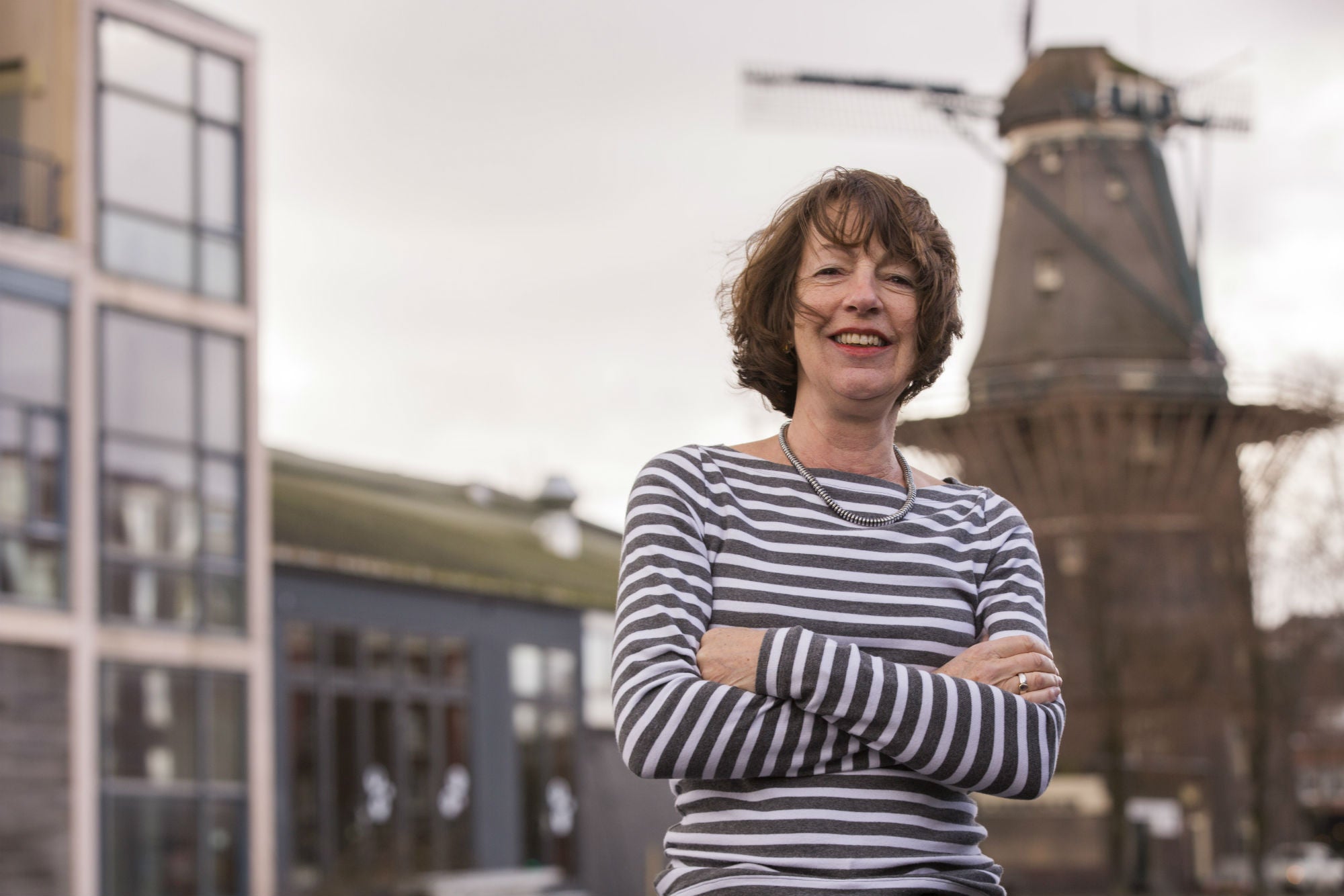
Why did you chose this study?
“I started studying Law at the Municipal University, but it wasn’t long before I transferred to Criminology at the VU Amsterdam. I was fascinated by criminal law, and I wanted to learn more about the motives behind crime. Why do people do what they do? But especially: how do people end up on a criminal path? So I felt more at home at Criminology, although the VU was a big transition for me. I had a fun student lifestyle at the Municipal University, in part because the bar was just around the corner. Things were all much more serious at the VU.”
But it all turned out well for you?
"Absolutely. I eventually became acquainted with a group of women. That was during the wave of feminism in the 1970s. During an excursion to Oslo, we came into contact with the professor and staff of the Women and Criminology department. That inspired us to found Feminist Radicals in Criminology, or FRIC for short. We wrote theses, conducted research, published articles, and were eventually provided with a student assistant in women and criminology.”
That sounds interesting.
“And it was! That was a special time when we were able to achieve a lot, both inside and outside the university. It was absolutely the high point of my studies, and I still look back on it with pride.”
Where did you end up after graduation?
“After my studies, I worked at the Lloyd Hotel, a juvenile correctional facility, for quite some time. The correctional world was a perfect fit for my interest in the behaviour of perpetrators. Where does it come from, and what should we do about it? That’s something I focused on during my studies, and it’s become the common theme throughout my career. The course in Forensic Psychiatry by Professor De Smit was an especially important eye-opener for me. Herman Bianchi paid a lot of attention to the perpetrators at the time, and I learned a lot from them, but also from the insights that we FRIC members gained on our own. For example, it turned out that many of the perpetrators at the Lloyd Hotel had experienced incest themselves.”
You’ve been retired for three years now. How do you like it?
“After 40 years at the Ministry of Justice, it’s good to finally enjoy my retirement. But I haven’t completely cut all ties with my career. The government still regularly asks me to coach supervisors and to mentor employees. I’m also enjoying my studies in Art History at the HOVO-VU.”
Paul Minnebo (65) lives in Zoetermeer and graduated in 1979
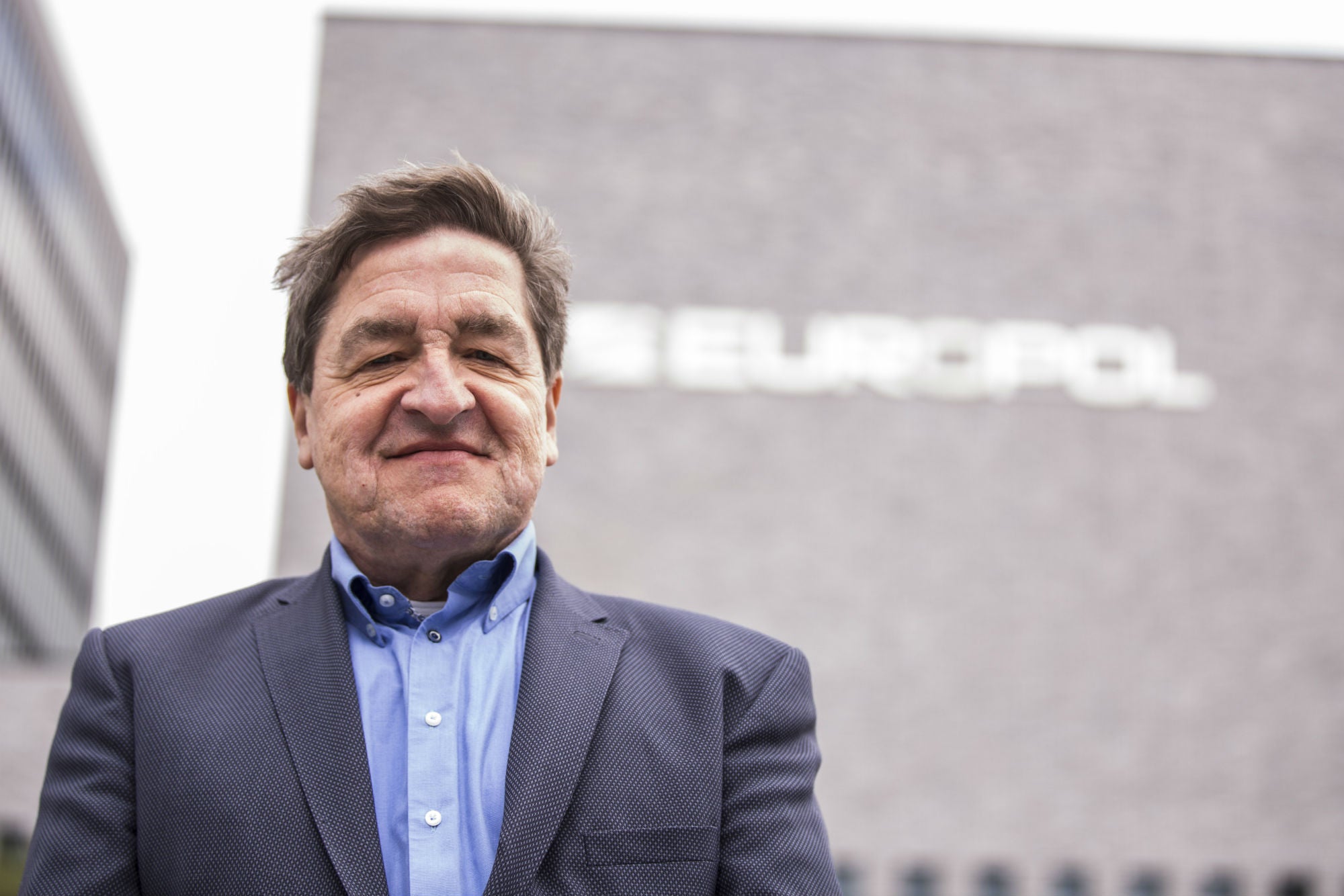
Tell me, how did you end up studying Criminology?
“I originally started with Dutch Law, but during my studies I soon discovered that my interests were mainly in the field of criminal law. The social sciences courses in the Criminology study programme were especially intriguing to me. People who aren’t familiar with the field are quick to assign an explanation for a crime exclusively to the perpetrator. But during my studies, I learned to look beyond that. Why did that person commit a crime? Can someone else be to blame? Can the perpetrator’s behaviour be explained by their personal history or their social environment? As a criminologist, you learn to consider more factors than just the legislation and regulations. The study programme completely changed how I look at crime.”
How do you look back on your time as a student?
“Very positively. Studying was extremely stimulating to me; not just the acquisition of new knowledge and insights, but also applying them to my graduate thesis. I also really enjoyed the company of the students and lecturers at the VU. I still think about Sibo van Ruller from time to time. He was my thesis supervisor, and he helped me avoid a lot of pitfalls when I was writing it. His advice has helped me quite a bit over the course of my career.”
You’re currently employed as a Senior Criminal Intelligence Analyst at Europol. What does that entail?
“I mainly focus on writing reports about current developments in the areas of criminal activity in my field of expertise. My work involves regular contact with a number of experts in the Netherlands and abroad. Europol is the organisation that can be called upon for investigations into serious and organised crime involving two or more EU member states. So we don’t get involved in major drug investigations inside the Netherlands, for example. If more than one country is involved in the crime, then they can ask Europol for assistance.”
You’ll be retiring in two days. Do you already have an idea of what you’d like to do?
“Painting. In addition to my work at the Ministry of Justice, I’ve been doing an evening course at the Royal Academy of Fine Arts, and I think it’s fantastic. Painting has always been one of my main hobbies, and now I can devote myself entirely to it. I paint still lifes, street scenes, and especially portraits.”
If you could paint a portrait of anyone, who would you choose to paint?
“That’s a tough question. I think probably Nicole Kidman. I’ve always had a thing for her, and I think it would be fantastic to have a chance to immortalise that woman on canvas.”

